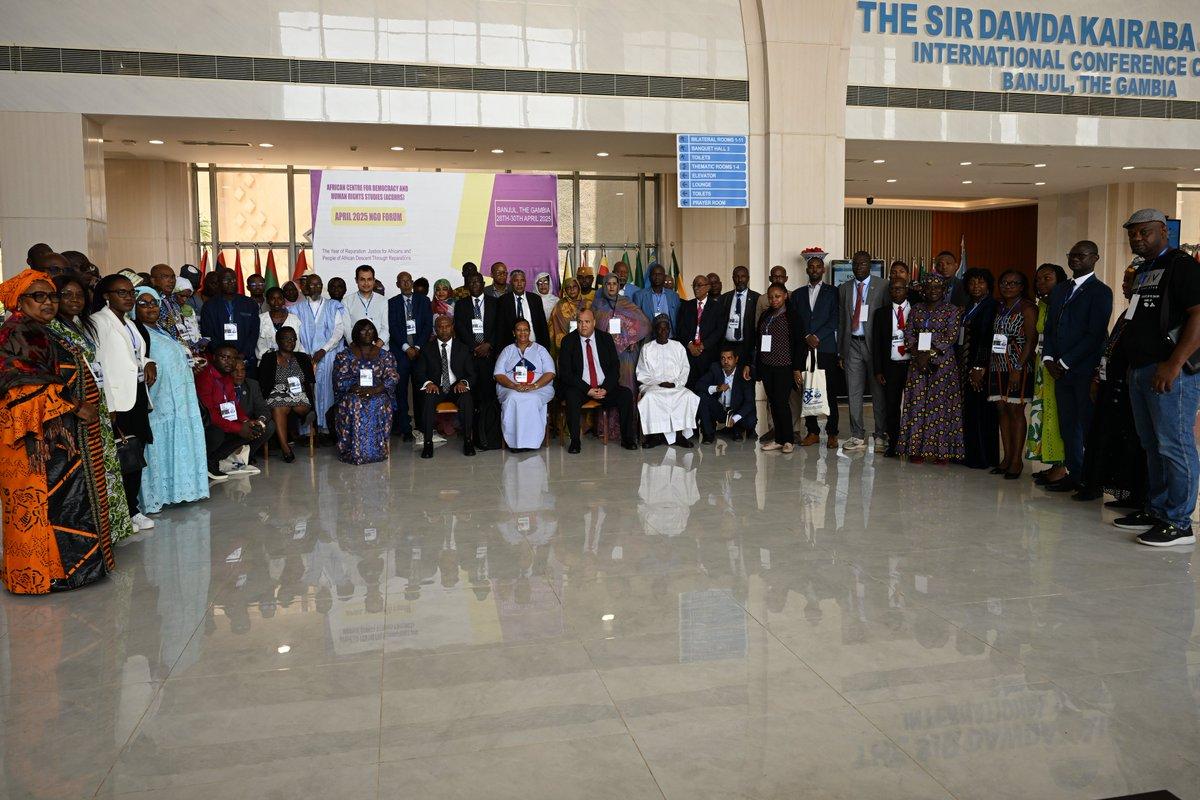
Egypt: Reform unjust vice laws, guarantee open civic space
During Egypt's UPR adoption at HRC59, Nora Noralla delivered a joint statement on behalf of ISHR, Cairo 52 and Middle East Democracy Center. Watch and read the full statement below.
UNWebTv

At the 53rd session of the UN Human Rights Council, during the adoption of the Universal Periodic Review (UPR) report of Benin, ISHR and Changement Social Benin delivered a joint statement encouraging Benin to do more for the protection of defenders in the country.
In the 4th cycle of the UPR, Benin accepted 234 recommendations out of the 258 recommendations received. The Benin delegation highlighted that structural reforms concerning areas, including child protection, violence against women and prison overcrowding were initiated. While the intervening States commended Benin’s efforts and appreciated their acceptance of the majority of recommendations, civil society speakers raised some concerns, especially human rights defenders’ lack of protection.
ISHR and Changement Social Benin jointly pointed out in their statement that crucial recommendations focusing on justiciability of economic, social and cultural rights, legal access to the African Court of Human Rights and protection of human rights defenders were only noted. In particular, human rights defenders have increasingly been facing challenges in recent years resulting in shrinking civic space within Benin.
Therefore, ISHR and Changement Social Benin call on Benin :

During Egypt's UPR adoption at HRC59, Nora Noralla delivered a joint statement on behalf of ISHR, Cairo 52 and Middle East Democracy Center. Watch and read the full statement below.

The 59th session of the UN Human Rights Council (16 June to 9 July 2025) will consider issues including civil society space, climate change, sexual orientation and gender identity, violence and discrimination against women and girls, poverty, peaceful assembly and association, and freedom of expression, among others. It will also present an opportunity to address grave human rights situations including in Afghanistan, Belarus, China, Eritrea, Israel and oPt, Sudan, Syria and Venezuela, among many others. Here’s an overview of some of the key issues on the agenda.

From 28 to 30 April 2025, participants in the NGO Forum held in Banjul, The Gambia, discussed key human rights and democracy issues affecting the continent, as well as the work of defenders. Participants contributed to the adoption of resolutions and recommendations, with a focus on reparations and transitional justice.